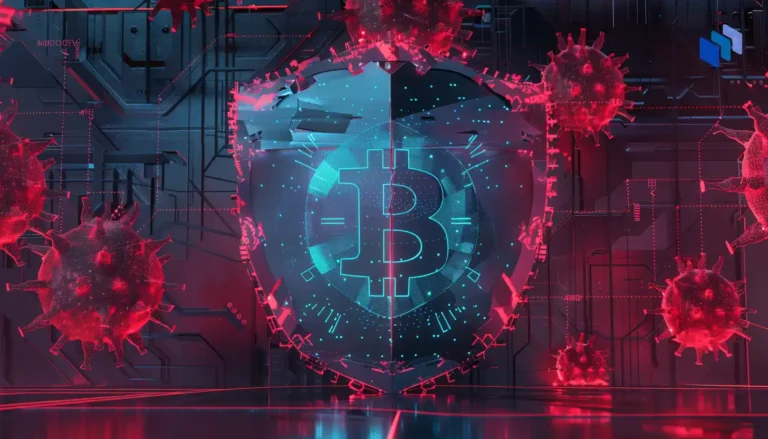The Hook
Imagine you’re part of an exciting movement that could revolutionize finance and technology. But then, the government sends mixed signals, scaring banks into avoiding your industry. That’s what Travis Hill, Vice Chair of the FDIC, just spoke out against, calling for fairness and clarity in how banks handle cryptocurrency.
The Big Picture
The FDIC (Federal Deposit Insurance Corporation) is a U.S. government agency that insures bank deposits. Banks trust it because it keeps their money safe. But in recent years, crypto businesses have felt shut out. They say the FDIC has quietly told banks to hit “pause” on anything crypto-related, making it hard for the crypto world to connect with traditional banking.
Travis Hill’s recent speech is big news because he criticized these actions and called for a fresh, open-minded approach to crypto. If Hill’s ideas take hold, it could make banking easier for crypto businesses and encourage innovation.
What’s Happening?
- Mixed Messages from the FDIC:
Crypto companies, like Coinbase, have accused the FDIC of pressuring banks to avoid working with them through unofficial “pause letters.” This has stifled growth in the crypto sector, making it hard for companies to access banking services. - The Call for Change:
Hill wants the FDIC to stop using “Operation Choke Point-like tactics,” a term from a controversial 2013 initiative where the government cut off banking for industries it considered risky, like payday lenders. Hill says similar tactics in crypto today harm innovation. - Case-by-Case Issues:
Instead of clear rules for how banks can work with crypto, regulators have been handling situations individually. This inconsistency scares banks into avoiding crypto altogether, fearing punishment. - Reforming the Rules:
Hill says it’s time to rethink how laws like the Bank Secrecy Act (BSA) are applied. While the BSA aims to stop criminals and terrorists from misusing the banking system, its strictness often leads banks to shut down accounts rather than risk fines for not following every rule perfectly.
Why It’s Important
This is more than a speech; it’s a potential turning point for the crypto industry:
- Clarity for Banks: If regulators create clear rules, banks will be more confident in working with crypto companies. This means more innovation and fewer barriers for crypto adoption.
- End of Fear Tactics: Stopping “Choke Point” tactics could make the industry feel less targeted and more included in the financial system.
- Balanced Security: By reforming how laws like the BSA are applied, we could see a banking system that’s secure without being overly restrictive.
Key Words to Remember
- FDIC: The agency that insures U.S. bank deposits.
- Operation Choke Point: A past effort to cut off banking for “risky” industries, now a controversial term in crypto.
- Pause Letters: Unofficial messages allegedly sent by the FDIC, discouraging banks from dealing with crypto.
- Bank Secrecy Act (BSA): A law requiring banks to monitor suspicious activity, often leading to stricter oversight.
Steps to Build Upon This Knowledge
- Understand the FDIC’s Role: Learn how the FDIC impacts the banking system and its connection to crypto.
- Follow Regulatory Trends: Stay updated on speeches and reports from agencies like the FDIC, SEC, and CFTC.
- Explore Banking and Crypto: Research how traditional banks and blockchain technology can coexist to fuel innovation.
- Dive into Compliance: Learn about laws like the BSA and how they influence banking decisions.
Why This Matters to You
Crypto represents the future of money, technology, and global trade. But for it to grow, it needs fair treatment from the institutions that run today’s financial systems. Travis Hill’s stance signals a shift that could make it easier for crypto to thrive. As someone eager to learn about blockchain, this is your chance to understand how policies shape the crypto ecosystem. By staying informed, you’re not just learning—you’re positioning yourself to be part of the future.



